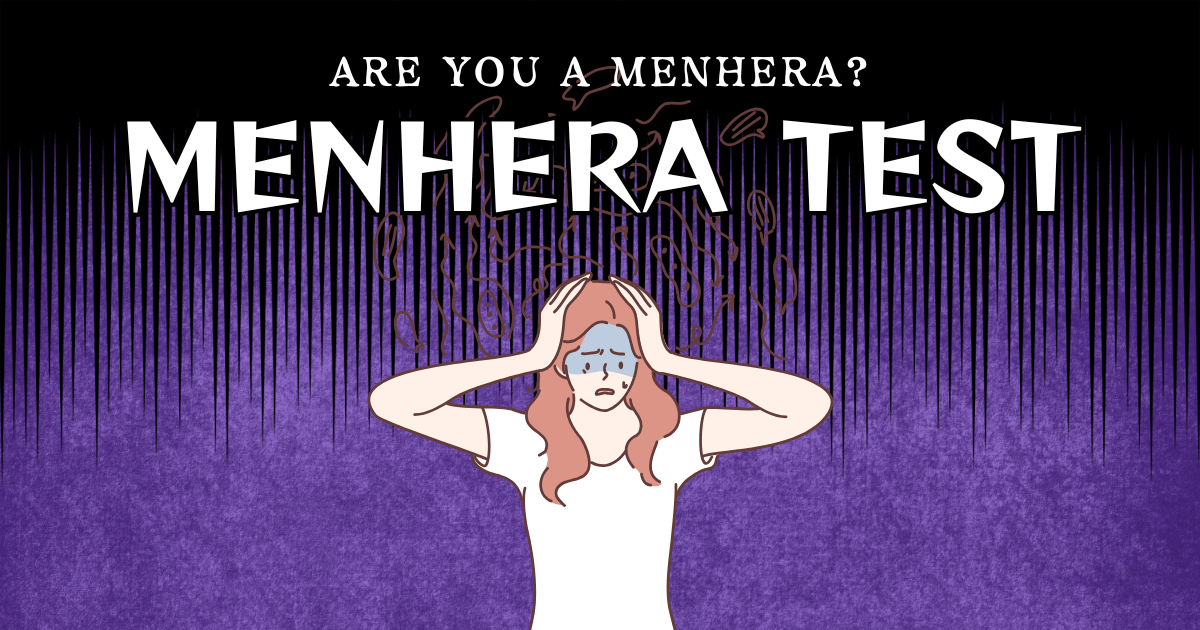
"Menhera" is a Japanese slang term used to describe people with unstable mental health or emotional challenges. This 30-question quiz provides a thorough analysis and is suitable for both men and women. The test assesses your "menhera level" across five dimensions: mood swings, dependency, negative thinking, low self-esteem, and emotional expression.
Menhera is a Japanese internet slang term that refers to individuals struggling with mental instability or emotional challenges. The term originally derives from 'mental health' and is used to describe people who experience significant mood swings, emotional instability, excessive dependency on relationships, negative self-reflection, and intense emotional expression.
People described as menhera often post about their emotions on social media and seek empathy or understanding from others. Factors such as childhood trauma, lack of affection, recurring relational issues, and low self-esteem can contribute to menhera tendencies.
Although the term is now widely used in casual or self-deprecating contexts, it can also lead to stereotyping. It's essential to understand that various factors contribute to these traits and to approach the topic with empathy, avoiding hasty labeling.
Mood swings are often a significant factor in menhera tendencies, characterized by rapid and uncontrollable changes in mood. This may include extreme reactions to minor events or sudden shifts between feeling down and elated. Factors like stress, anxiety, and past experiences often play a role, and ongoing mood swings can become a source of stress, impacting relationships with others.
Dependency refers to a strong reliance on relationships for self-worth and a sense of security. This often stems from a desire to avoid loneliness, which may lead to high expectations or even possessiveness. While dependency can provide temporary emotional stability, it can also create instability in relationships if dependence becomes excessive.
Negative thinking involves viewing things pessimistically, often leading to a critical perspective of oneself and others, which can deepen feelings of self-doubt or helplessness. Strong tendencies toward negative thinking can foster mistrust in relationships and may create cycles of isolation.
Low self-esteem is characterized by a lack of self-acceptance and an inclination to undervalue one’s worth. For people with menhera tendencies, low self-esteem often affects relationships and daily life, making them susceptible to others' opinions. This can result in overreaching to meet others' expectations or behaving dependently.
Emotional expression refers to a tendency to openly share one’s feelings or thoughts frequently, whether on social media or in conversations. This often involves seeking understanding or empathy from others to ease personal anxieties. However, highly expressive behavior can sometimes be perceived as overwhelming, potentially adding stress to relationships.